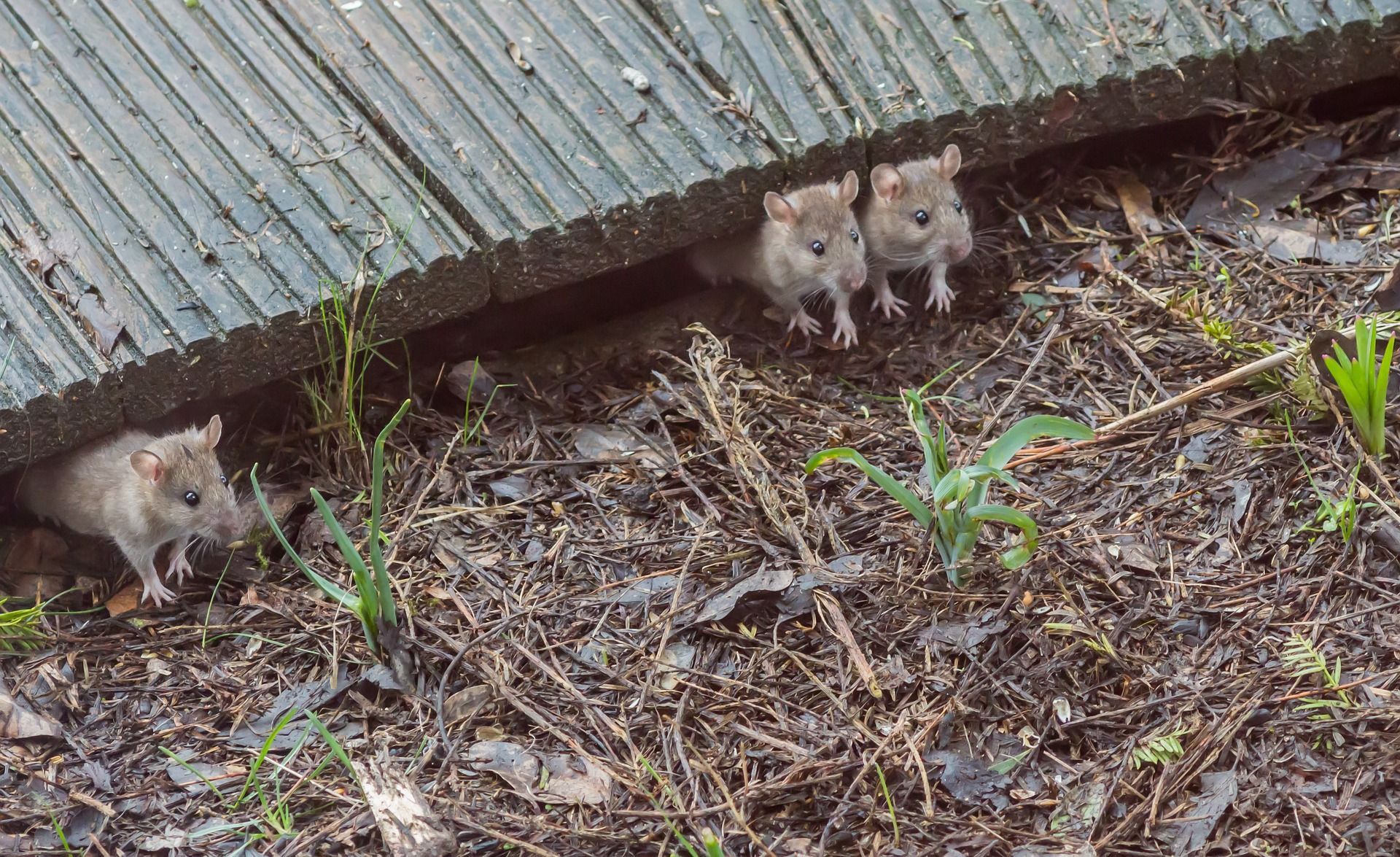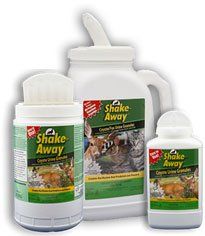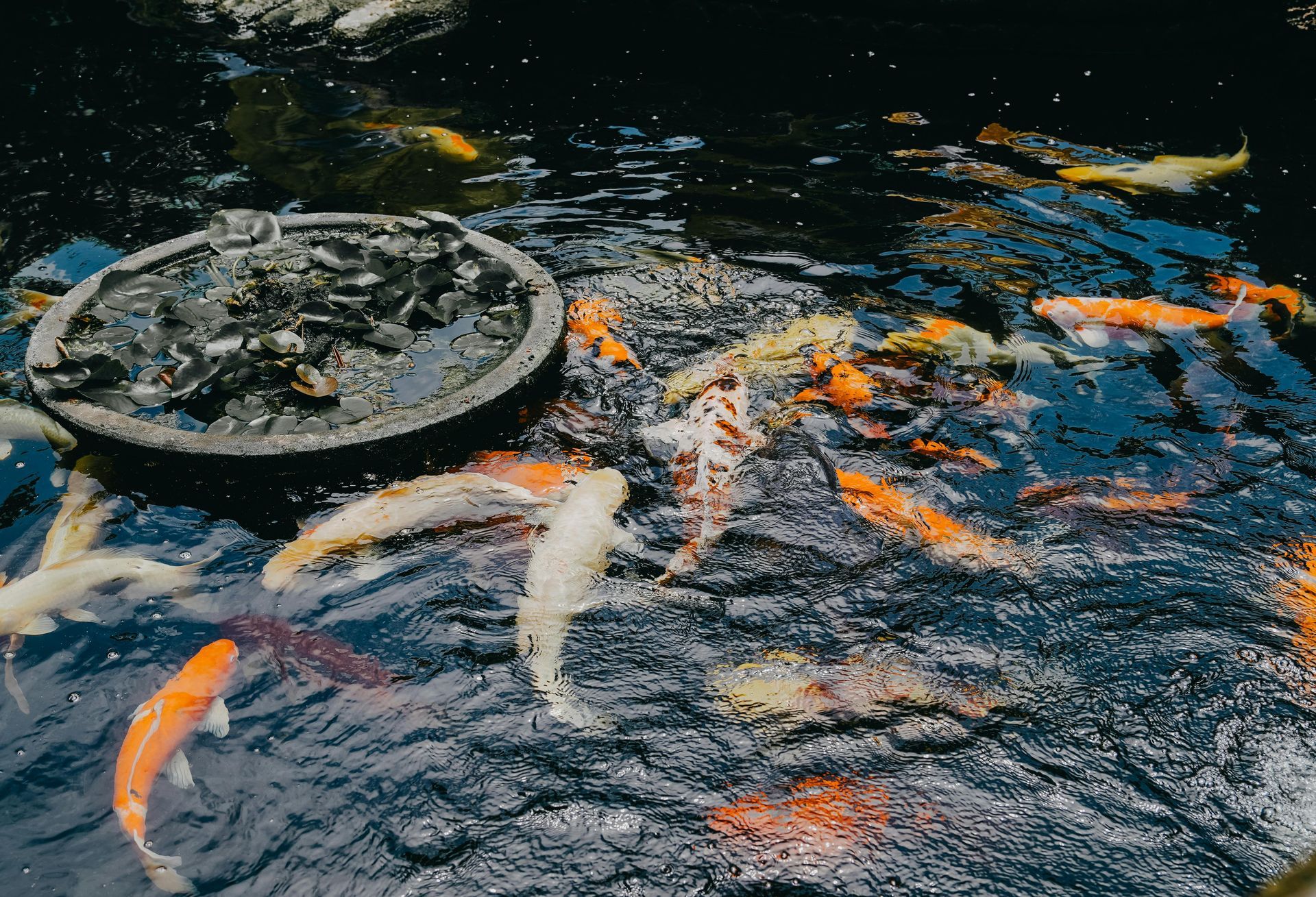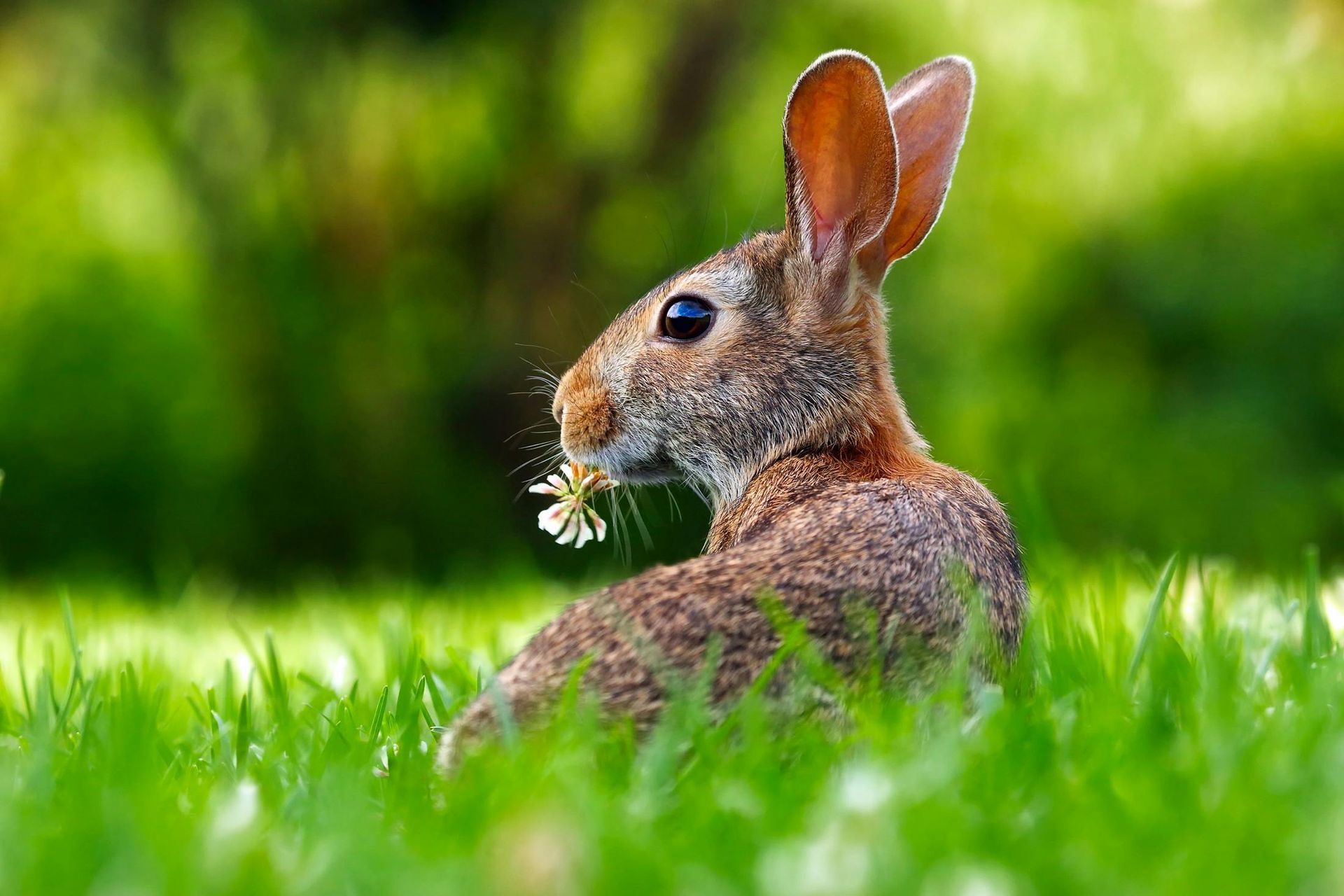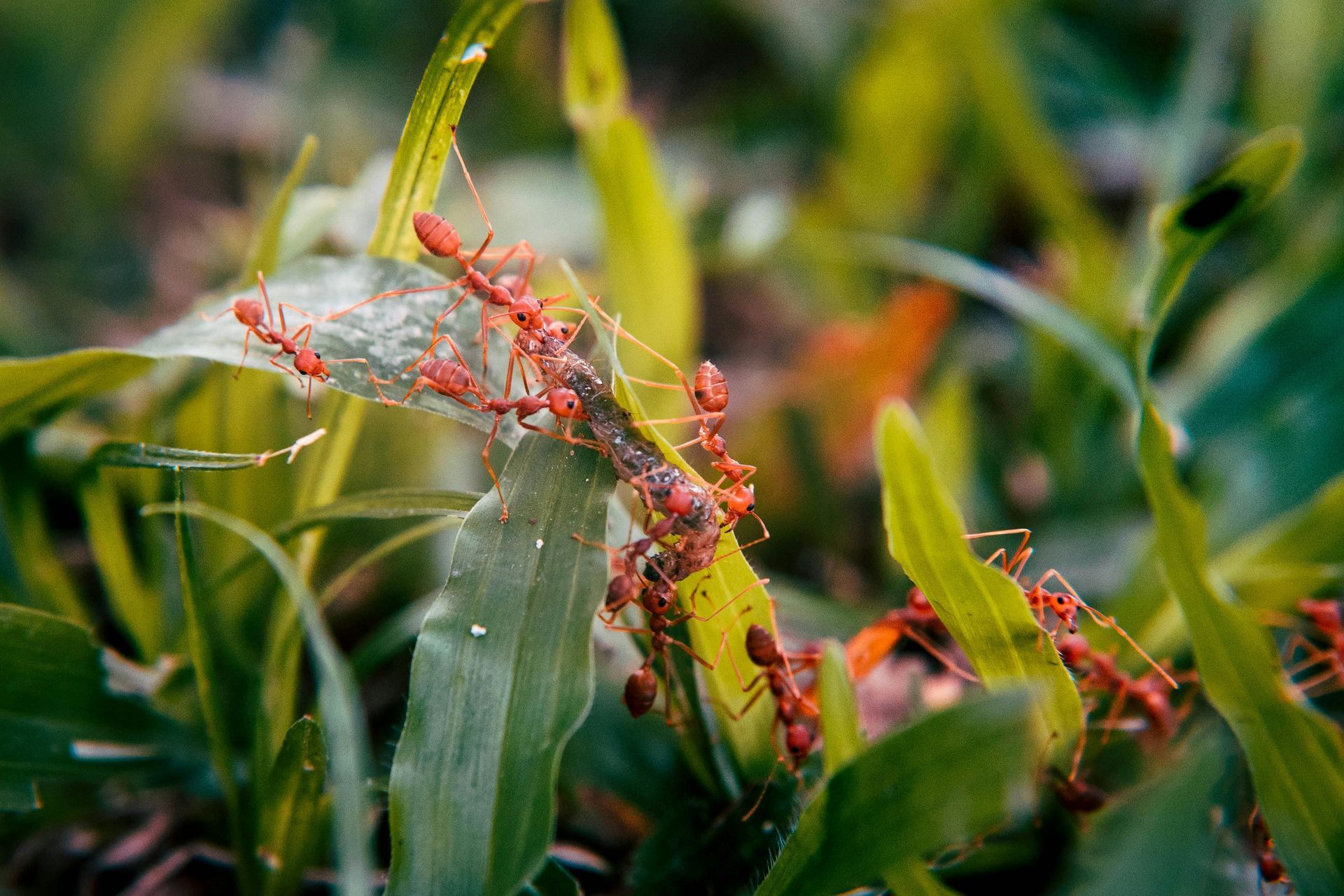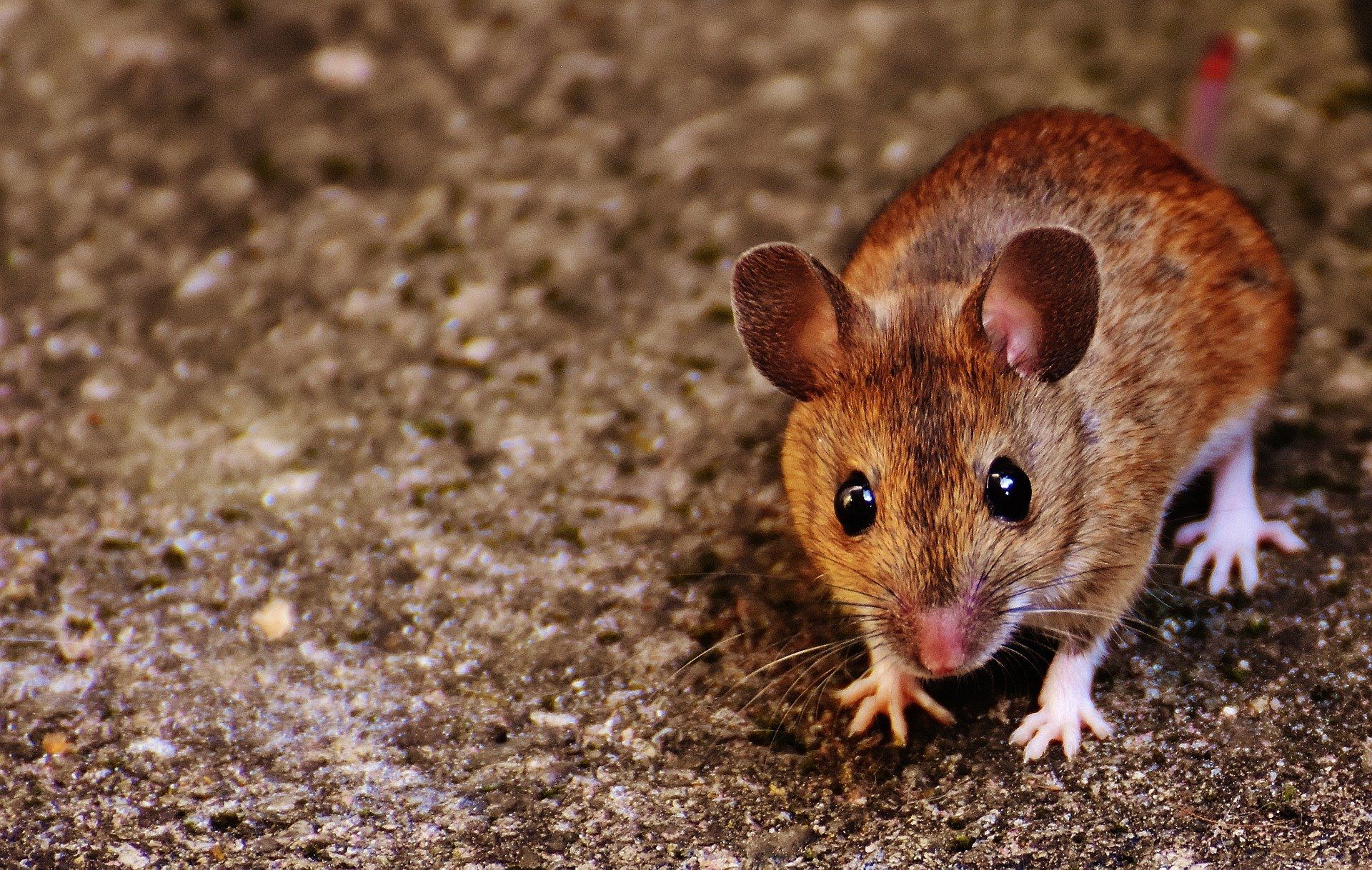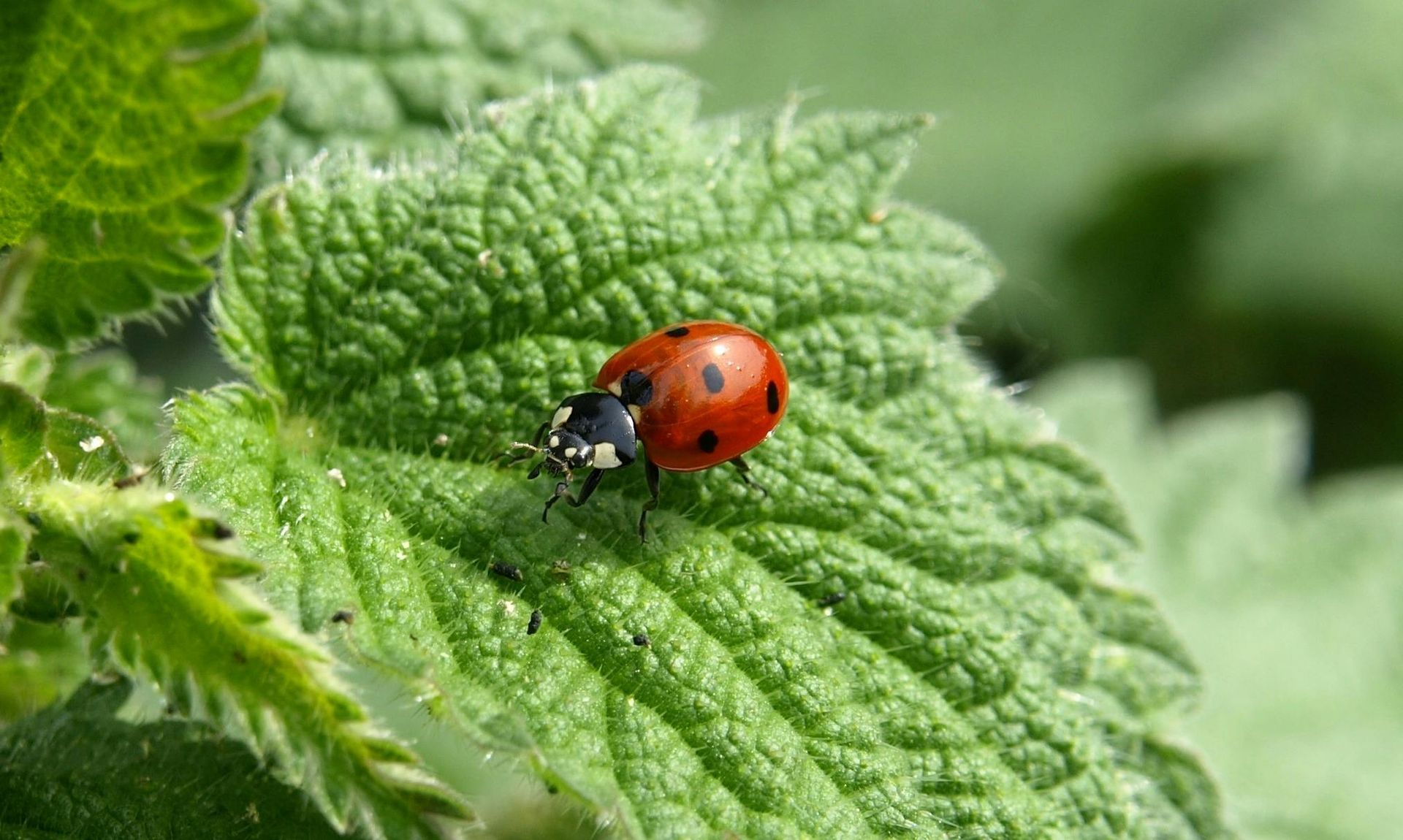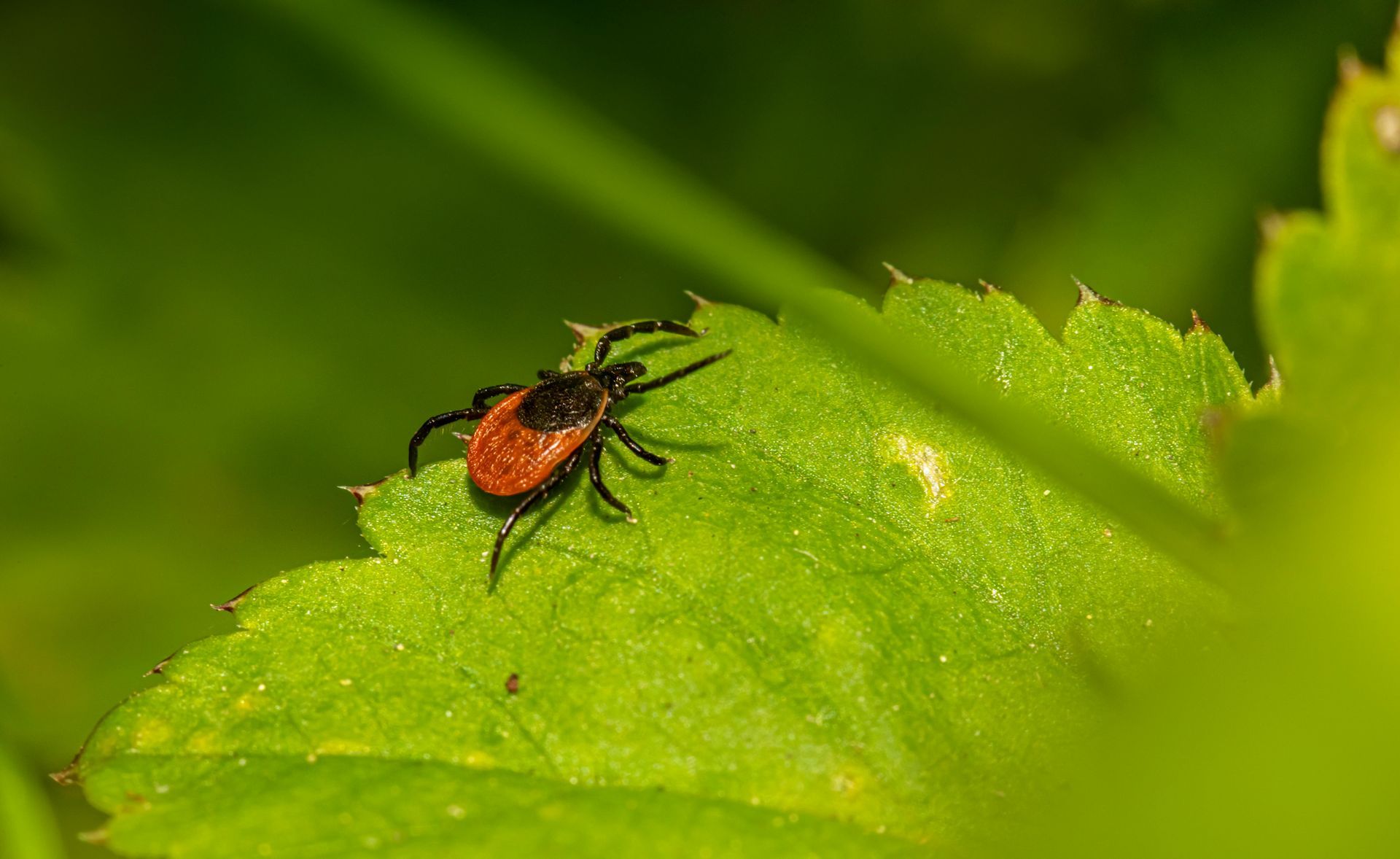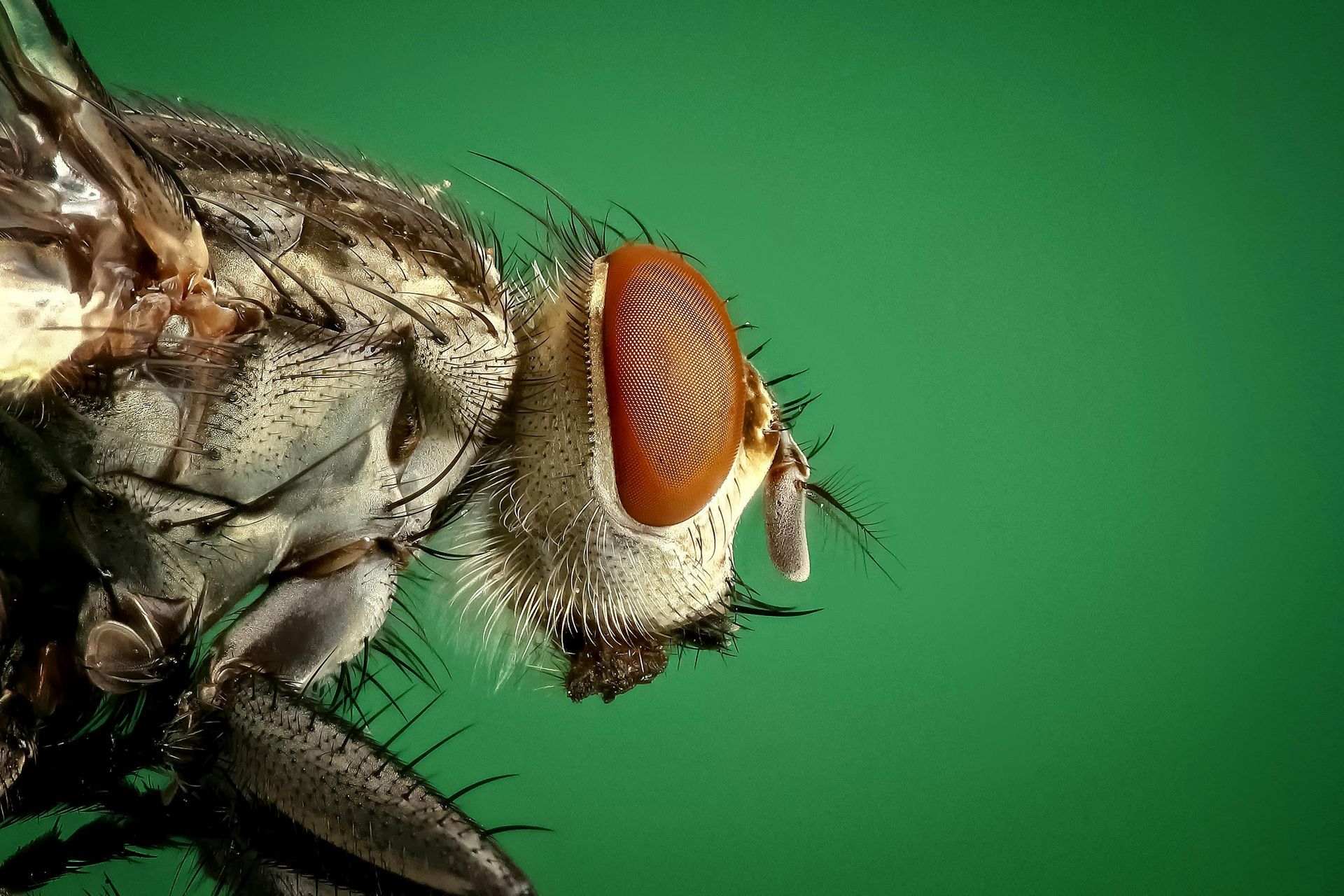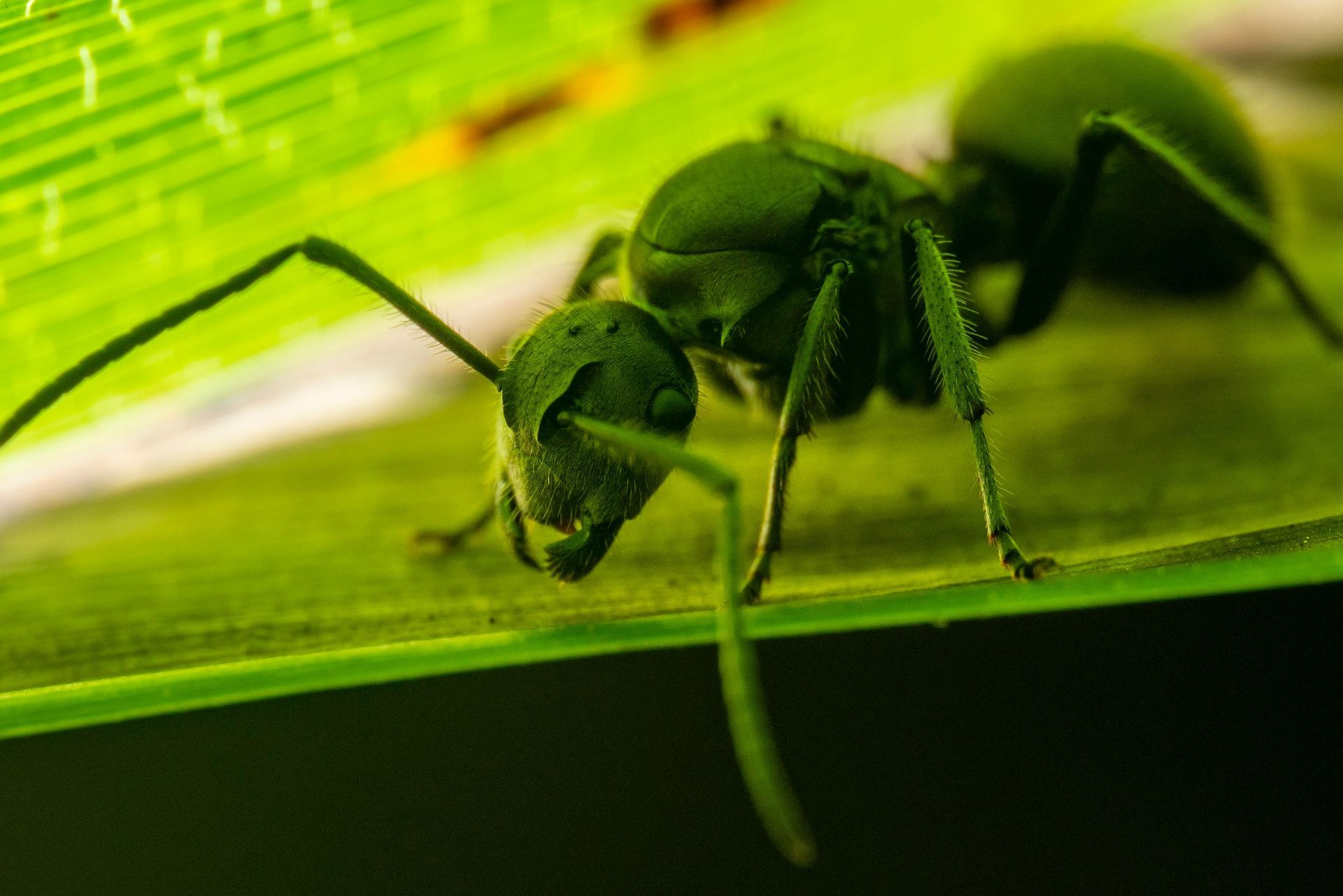August: Time to Prepare Your Home Garden for the Last Stretch of Summer
Nurture Your Garden Oasis: Expert Tips to Thrive in August

As August approaches, it's time to prepare your home garden for the last stretch of summer. This is an important time to make sure your plants stay healthy and vibrant, especially with the changing weather conditions. Whether you're a seasoned gardener or a beginner, here are some essential tips to prepare your garden for August:
Watering Wisely:
August often means scorching temperatures and dry spells, so it's important to water your plants adequately. Check your garden's water needs regularly and adjust your watering schedule as necessary. Deep watering in the early morning or late afternoon when the sun is not at its brightest are ideal times to minimize evaporation and help plants stay hydrated.
Mulching Matters:
Applying a layer of organic mulch around your plants can work wonders during hot weather. Mulch helps retain soil moisture, prevents weed growth, and regulates soil temperature. Some materials to consider to use as mulch include:
- Straw
- wood chips
- or compost
Deadheading Flowers:
Keep your flower garden looking clean and colorful by deadheading spent blooms. Removing old flowers will both improve the overall appearance and encourage plants to produce more blossoms. Deadheading redirects the plant's energy from seed production to promoting new growth.
Pruning for Growth:
Proper pruning is important to maintaining the health and production of your garden. Trim overgrown branches and remove dead or diseased foliage. Pruning also allows for more sunlight and air circulation to reach the inner parts of the plant, thus reducing the risk of pests and diseases.
Watch for Pests and Diseases:
August is a time when garden pests and diseases can become more likely. Watch your plants for any signs of trouble. Early detection can prevent an infestation from spreading and can help you take the right measures to protect your garden.
Harvesting with Care:
If you have a vegetable garden, August is likely a bountiful month. Harvest your crops regularly to encourage continuous production. Be gentle when picking fruits and vegetables to avoid damaging the plants.
Fertilize with Caution:
While it's important to provide the right nutrients to your plants, be cautious with fertilizers during hot weather. Over fertilization can cause the plants stress and lead to burning or nutrient imbalances. Choose a balanced fertilizer and apply it according to the manufacturer's instructions.
Plan for Fall:
Start planning for your fall garden during August. Research suitable crops for your region and prepare the soil accordingly. Some vegetables, like kale and lettuce, thrive in cooler temperatures, making them perfect choices for your autumn garden.
Save Seeds:
If you have heirloom plants or varieties you adore, consider saving their seeds for future planting seasons. Properly store seeds in cool, dry conditions to ensure their viability.
Critter Repellent All Natural Animal Repellent Blog
